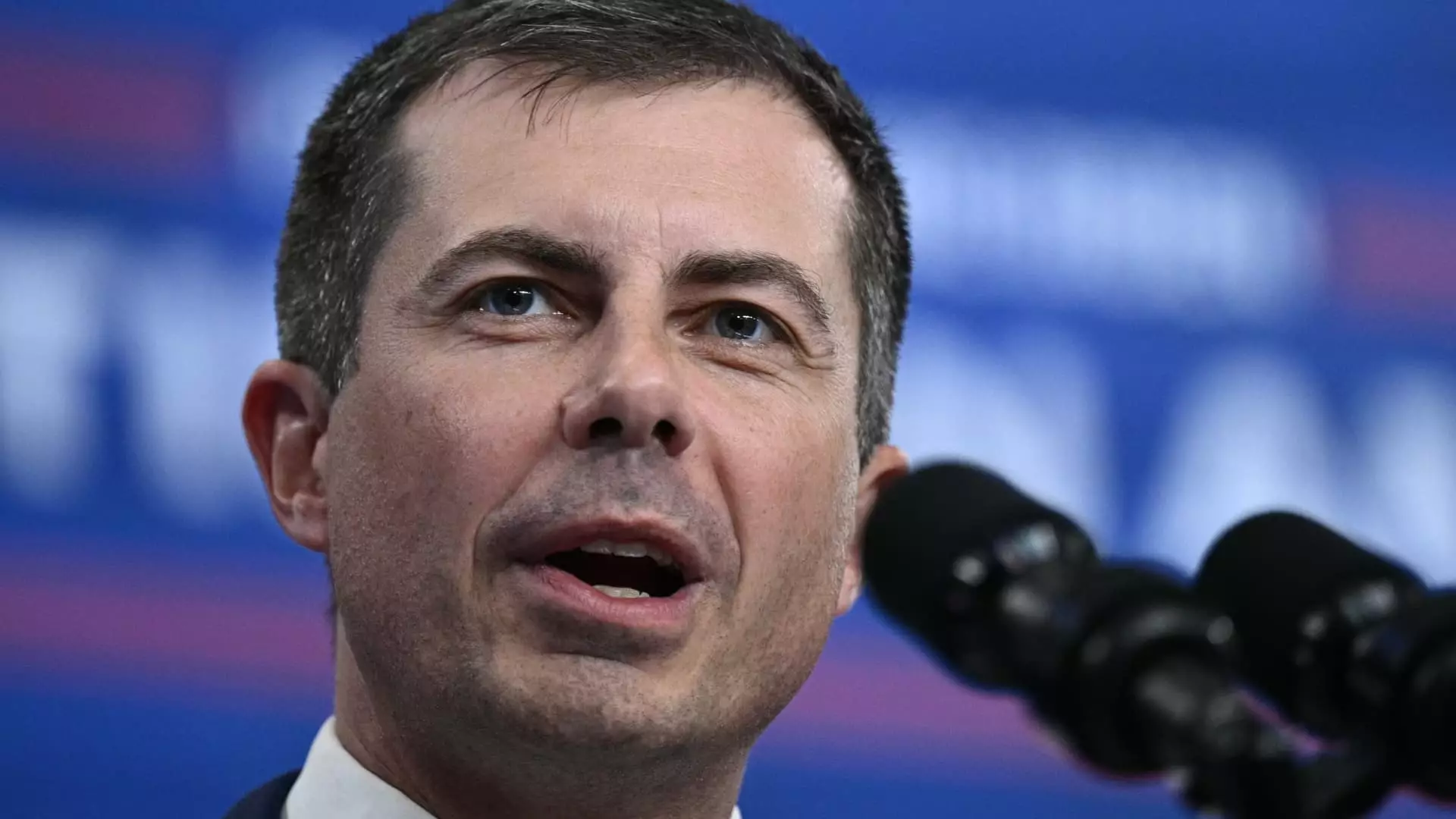In the wake of Hurricane Helene, misinformation regarding federal disaster response has taken center stage, particularly highlighted by conversations involving Transportation Secretary Pete Buttigieg and billionaire entrepreneur Elon Musk. As both an influential figure and the owner of X, Musk wields significant power over public discourse, and his recent comments regarding disaster aid have been met with fierce criticism. Analyzing this incident provides insights into the implications of misinformation on public perception, governmental credibility, and the responsibilities of influential individuals on social media.
On a recent Friday, Buttigieg took to X in a direct rebuttal to Musk’s claims, which suggested that the Federal Aviation Administration (FAA) was obstructing airspace in regions affected by Hurricane Helene. In his response, Buttigieg asserted, “No one is shutting down the airspace and FAA doesn’t block legitimate rescue and recovery flights.” This assertion aimed to clarify the FAA’s role in the ongoing recovery operations, as numerous flights were critical to delivering supplies and support in the disaster-stricken regions.
The FAA followed up with a statement confirming that there were indeed no restrictions on airspace for rescue operations in North Carolina. These official responses underline the urgent need for accurate information, especially in times of crisis. Misinformation can not only create panic but can also hinder effective relief efforts, thus exacerbating the plight of those in need.
Elon Musk’s influence extends far beyond his corporate endeavors, with a follower count exceeding 200 million on X. His words carry weight, and thus the propagation of unfounded claims can have large-scale consequences. By suggesting that government organizations like FEMA were obstructing aid, Musk risks undermining public trust in federal responses, especially at a time when citizens are desperately seeking government support. His earlier assertions were not isolated incidents; they were part of a broader narrative of skepticism towards governmental operations during crises.
Musk has previously expressed distrust towards federal agencies, which complicates his interactions with these entities. His high-profile criticisms often ignite partisan divides, further complicating the public discourse surrounding federal responses to disasters.
The situation is further complicated by the relationship Musk has cultivated with political figures, particularly his support for former President Donald Trump. This alliance has positioned him as a polarizing figure in American politics, with Trump’s amplification of Musk’s falsehoods about FEMA and FAA revealing how intertwined technology and politics can become in the modern era. This kind of echo chamber can solidify misconceptions, transforming them into widely held beliefs and exacerbating the challenges faced by government agencies.
Despite Musk’s contributions to aiding recovery efforts, including the donation of Starlink kits and offering free internet service, the environment he fosters online leaves many questioning his intentions. His criticisms, focused on government efficacy, juxtapose with his company’s reliance on federal contracts and subsidies, highlighting a disconnection that exists between his corporate-styled innovation and essential federal services.
To mitigate the impact of misinformation, there is an urgent need for a concerted effort towards transparency and communication from government agencies. Clear and timely updates about recovery operations should be shared widely to counterbalance the potential harms of erroneous information. Beyond that, influential individuals, especially those with vast platforms like Musk, must acknowledge their role in shaping narratives. Their words carry immense weight, and they bear a responsibility to fact-check before disseminating information to millions.
The exchange between Buttigieg and Musk serves as a microcosm of the broader challenges posed by misinformation in today’s society. The convergence of powerful individuals, media platforms, and governmental bodies highlights the delicate balance of responsibility and influence. By fostering a culture of accuracy and fostering constructive dialogue, we can hope to improve the effectiveness of disaster responses while enhancing trust in governmental functions. As we navigate the complexities of misinformation, the stakes have never been higher.


Leave a Reply